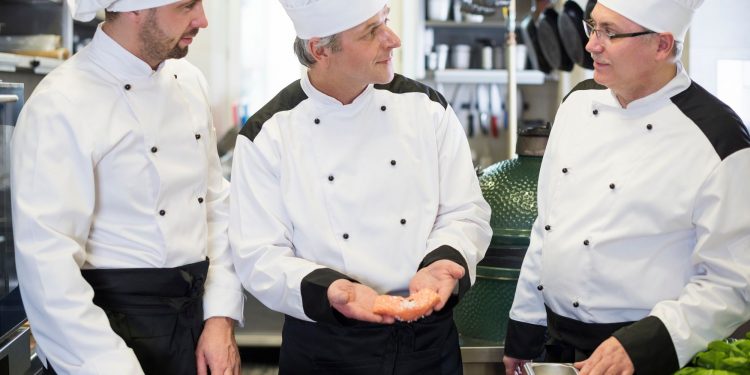In recent years, the concept of hiring a private chef has grown from a niche service into a broader industry that appeals to a variety of clientele. Much of this transformation has been facilitated by private chef agencies, which serve as intermediaries between chefs and those seeking customised culinary experiences. One of the most critical aspects that make these agencies valuable is their expertise in matching chefs with clients. This article delves into the intricate process that ensures that not only are your dietary preferences met but that the whole experience is aligned with your expectations, lifestyle, and even your kitchen’s capabilities.
Understanding Client Needs: The Initial Consultation
Preliminary Questionnaires and Interviews
The first step in the matching process usually involves a detailed questionnaire or an interview. Here, clients are asked about their dietary restrictions, preferences, and the occasion for which they are hiring the chef. Are you looking for a one-off event like a birthday or anniversary, or is it a more regular engagement? Your answers provide the agency with a preliminary idea of what you’re looking for.
Assessing Kitchen Facilities
Some agencies go a step further by conducting an assessment of the client’s kitchen facilities. This helps in determining if the kitchen is equipped for the kind of cooking that the client desires. It is crucial for the agency to know whether your kitchen has the basic essentials, specialised equipment, or even if it can accommodate elaborate cooking methods like sous-vide or open-flame grilling.
The Role of Chef Portfolios
Specialisations and Expertise
Chefs associated with agencies typically have portfolios that outline their skills, specialisations, and previous work. Some chefs are experts in ethnic cuisines like Italian or Thai, while others may specialise in dietary-specific cooking such as vegan or gluten-free. This portfolio serves as an essential tool in the matching process.
Client Reviews and Ratings
Most agencies also have a review or rating system based on past client experiences. These reviews are invaluable in giving prospective clients an idea of what to expect and provide agencies with performance metrics that aid in the selection process.
Compatibility beyond Cooking: Personality and Style
Interpersonal Skills and Demographics
One often overlooked aspect of the matching process is the chef’s ability to integrate into the client’s environment seamlessly. This involves not only the culinary skills but also interpersonal skills. Are you looking for a chef who can also entertain guests with stories or cooking tips, or would you prefer someone who is more reserved and focused solely on the cooking?
Adaptability to Lifestyle and Event Theme
Agencies also consider the nature of the event and the lifestyle of the client. If you are hosting a formal dinner party, you may be matched with a chef who excels in fine dining experiences. If you’re planning a casual weekend brunch, a chef with a more relaxed style might be more appropriate.
The Logistics: Budget, Timing, and Location
Pricing Plans and Budget Alignment
Agencies usually offer a range of pricing plans that cater to different budgets. The matching process includes finding a chef whose services align with your financial constraints. Be it a luxurious seven-course meal or a simple but elegant three-course dinner, agencies can find a chef who can deliver within your budget.
Timing and Scheduling
Another logistical aspect considered in the matching process is the chef’s availability and the timing of the event. Private chef agencies usually have systems in place that allow them to efficiently schedule chefs according to their availability and the client’s timing requirements.
Ongoing Communication for a Seamless Experience
Pre-Event Meetings and Tastings
Once a match is made, there is usually an option for a pre-event meeting or tasting session. This allows both parties to fine-tune details and ensure that everything runs smoothly on the actual day. It also provides an opportunity for any last-minute adjustments in the menu or cooking methods.
Feedback Mechanisms for Continuous Improvement
Post-event feedback is encouraged, and this information is often used to refine future matches. Agencies value client feedback as it not only helps them improve their services but also enhances the chefs’ performances through constructive critique.
Conclusion
The process of matching chefs with clients is a meticulous one that goes beyond mere culinary skills or menu preferences. Private chef agencies have honed their procedures to include a myriad of factors, from logistical considerations like budget and timing to more intangible aspects like personality and cooking style. This comprehensive approach ensures that the client receives a personalised, seamless, and memorable culinary experience.
As the industry continues to grow and evolve, these matching methodologies will only get more sophisticated, incorporating technology and analytics to make even more precise matches. Whether you are a culinary connoisseur or someone merely looking to elevate a special occasion, understanding how agencies match chefs with clients can help you make an informed decision, ensuring an unforgettable gastronomic journey tailored just for you.















